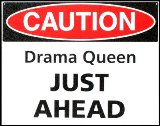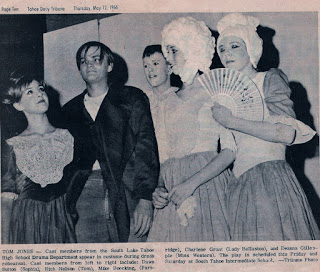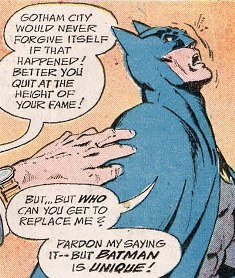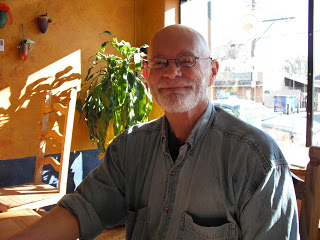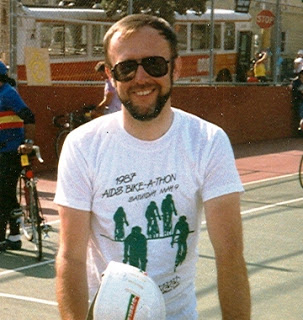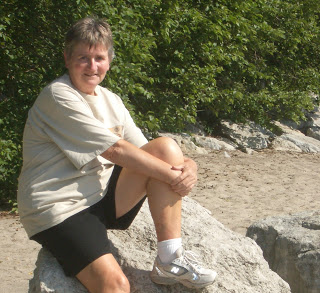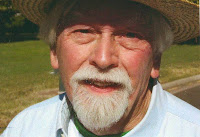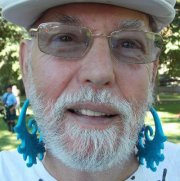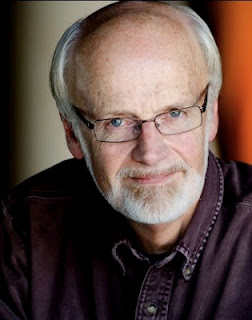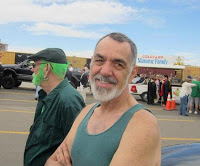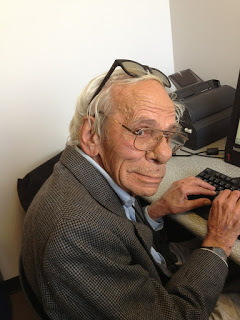our group leader what exactly is a “drama queen”. His answer was okay but due to the passage of
time I forgot the answer. Thus, I was on
my own pondering this topic and how it relates to my life experiences. I thought so hard that I gave myself a
dramatic headache to substitute for smoke pouring out my ears.
as I did give birth to a personal point of reference; and it did not even take
nine months.
witnessed my first episode of “dramatical” behavior in 1953. My mother made me wear sandals to
Kindergarten where other boys began to call me a “sissy” for wearing them. When I got home that afternoon, I begged my
mother to get me “real” shoes like the other boys, but she said, “No.” When my father came home, I turned on the
tears, panic, and near tantrum behavior and he took me out to get new footwear;
he truly understood the situation. To
some that may qualify for juvenile (or infantile) drama queen behavior, but to
me it was self-preservation-behavior.
next time I noticed dramatical behavior in others and I, was in the Fall of 1965
and Spring of 1966. This time it was
group behavior as many of us performed in the two high school plays, Pioneer Go Home and Tom Jones.
Combined with a few skits in Boy Scouts, these were my only youthful
experiences with drama. As it turns out
though, I really enjoyed it.
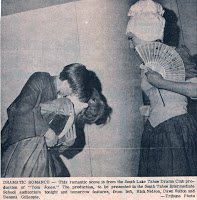 |
| I enjoyed drama. |
In
1969, three young adult males and I performed, at a church social, a skit in barbershop
quartet style; not the harmony parts just the dramatical part. We sang a “moving” rendition of When It’s Hog Calling Time in Nebraska. It was well received. At least no one threw tomatoes at us.
years later, while in the Air Force, I was the supervisor of a flight of
30-missile security personnel one of whom, the flight sergeant, was always
getting lost or stuck on unauthorized roads.
I was joking with one of my staff sergeants about giving the flight
sergeant an award for all his efforts in finding new places to get stuck and
areas in which to play lost and found.
The next week, the staff sergeant brought me a homemade medal of French
design to award the flight sergeant.
award was a little compass (the type with a small suction cup so it could be
attached to a windshield) which was suspended from a red, white, and blue
striped ribbon to fit around the recipient’s neck. I invited the squadron commander and
operations officer to attend my flight’s guard mount that day to witness the
award ceremony.
attending to the normal activities of guard mount, I called the flight sergeant
to come Front and Center. When he was in
place, I gave an “over the top” flowery spiel about his ability and skill in blazing new trails and
documenting response time to hazardous locations ending with, “Sergeant R., I
present you with the coveted Pathfinder of the Year Award.” The highlight of the presentation was after I
placed the ribbon around his neck I grasped his shoulders and kissed him French
style on both cheeks. Everyone “cracked
up laughing,” the sergeant turned bright red, and even the commander enjoyed
the “performance.” This is not drama
queen behavior; it is morale boosting behavior to lighten the load of being in a
boring and thankless job.
all that pondering on the topic, I do recognize stereotypical drama queen
behavior, when I see others engage in it repeatedly. However, I am not a stereotypical
person. Like each of you, I am unique in
my personality, traits, speech patterns, sense of humor, and so on. I believe that we all do things sometimes
that could make others refer to us as drama queens. For myself, I may actually do these things
quite often but rather subtlety. No one
has ever said I was effeminate or had effeminate traits or habits and I am not
flamboyant or flaming. No, my drama
queeniness is very low key.
example, I like to tell jokes, mostly puns, at odd intervals to lighten the
mood; or perhaps to turn the attention to me.
I like to wear bright solid color shirts and t-shirts with logos or
sayings or other messages on them; perhaps again to make people notice me. While I do not deliberately arrive late to
our Telling Your Story group, it does draw attention to me. So maybe I really do qualify as a drama
queen; except for one thing. I am not
female so “queen” does not fit.
you must, just call me a Drama King.
16 April 2012
About the Author
 |
| Emerald Bay – Lake Tahoe |
was born in June of 1948 in downtown Los
Angeles, California.
He lived first in Lawndale
and then in Redondo Beach both suburbs of LA. Just prior to turning 8 years
old, he went to live with his grandparents on their farm in Isanti County, Minnesota
for two years while (unknown to him) his parents obtained a divorce.
and then at South Lake Tahoe, CA,
graduating from South
Tahoe High
School in 1966. After three tours of duty with the
Air Force, he moved to Denver,
Colorado where he lived with his
wife of 27 years and their four children. His wife passed away from
complications of breast cancer four days after 9-11.
